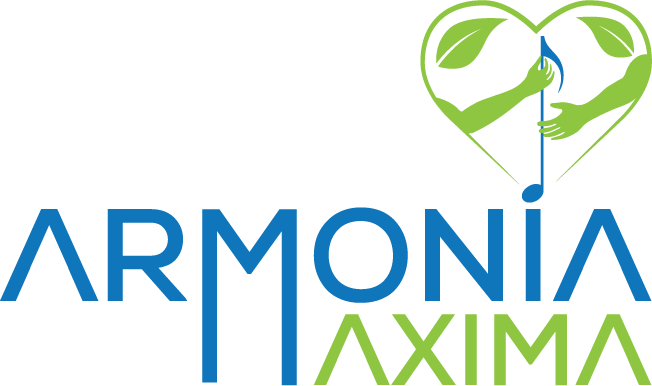“Working: Greg Brown, End-of-Life Doula”
Local journalist and historian Marcia Hartman interviewed me for this profile on Armonia Maxima and the work I do as an end-of-life doula. It was published in the May 2023 edition of the Southeastern Ohio publication The Crossroads. It was originally published in a print-only version by Southeast Publications, who have graciously granted permission to the University of Vermont Office of Professional and Continuing Education to host an online PDF of the article here. I’m so grateful to Marcia for sharing with a broader (and largely rural) audience this closer look at the much-needed services an end-of-life doula can provide.
An excerpt:
Doulas aren’t a replacement for hospice care, but rather, they supplement the work performed by a hospice team. Doulas do not offer medical support, nor do they provide legal advice. “But I’m happy to help a client formulate questions to ask their doctor or lawyer,” said Brown. “One of the first tasks will generally be to make sure a client has completed and filed their advance directives,” which include medical and financial powers of attorney, a living will, a regular will, etc. “We can be a sounding board – for example, assisting a person to think of and vet candidates to be medical power of attorney. This might be difficult for someone without close family, as they might be worried about creating a burden for a friend. However, we can help the person create a plan with clear instructions for their friend. A clear plan lessens stress because the medical power of attorney can act with the confidence that comes from knowing the person’s wishes. For example, when I was caring for my dad, I knew that he still found life meaningful so long as he was able to eat strawberry ice cream. In fact, we got his doctor to write a prescription for strawberry ice cream so he would be sure to have it whenever he wanted. For me, I’d want to be alive as long as I could connect with others. Even if I couldn’t talk, life would still be meaningful if my friends could come and visit and converse in my presence. As a doula, I would work to ensure these meaningful activities occurred and hope they provided a measure of peace. And if these activities were no longer possible, their designated agent would have confidence there should be no heroic measure taken.”
Doulas might help their clients shed some preconceived ideas about the “right” way to do things. “A lot of us have the idea that the ideal is to die at home,” said Brown. “I too had the idea that I would let down my dad if I didn’t help him stay home until the end. But underneath, I was scared – especially as he physically declined. We were both grateful when Dad’s doctor posed the question during a hospital stay, ‘Why do you want to go home? Do you want Greg to be your nurse or do you want others to be your nurse?’ That got us talking, and I learned Dad was scared to go home and worried I couldn’t do it all and that maybe we’d argue about how things should go. It was a relief to both of us to have Dad in the nursing home five minutes from our house. It created a safer feeling for both of us, and allowed us to focus our remaining time together on making good memories.”
Read the whole article here.

